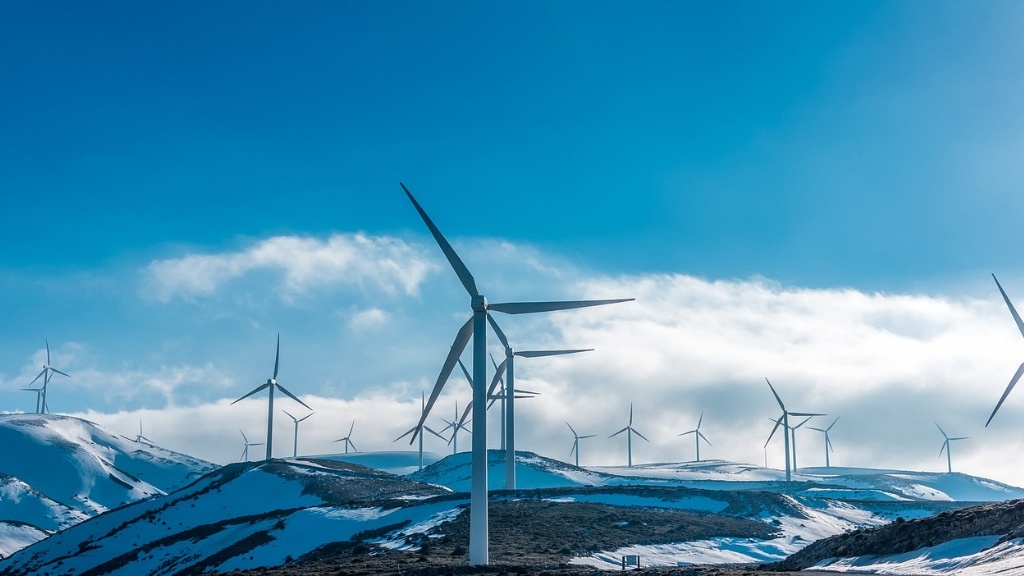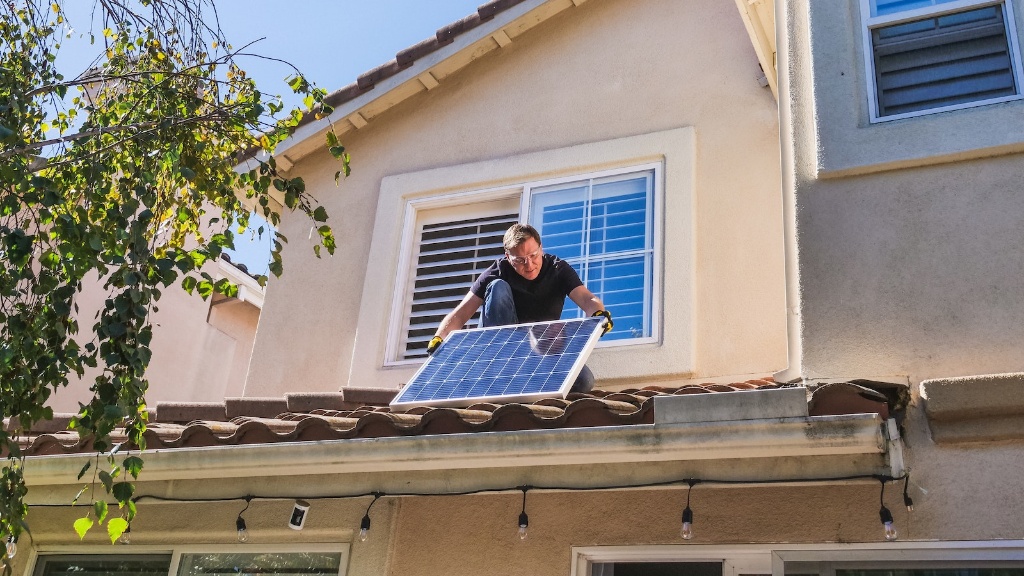For years, humans have debated over whether global warming is real – or just a hypothesis that has been made up. Temperatures across the world have been recorded as increasing, leading some to assume that this is a sign of an impending climate emergency. Despite the evidence, opinions differ and many individuals, including experts in the field, are wary of the accepted conclusion that global warming is actually happening and that humans must take responsibility.
Proponents of the hypothesis argue that our current levels of production and consumption have led to excessive greenhouse gas emissions, trapping heat in Earth’s atmosphere, resulting in a warmer planet. In support of their claim, they point to recent studies which have identified polar icecaps melting, rising sea levels, and increases in extreme weather conditions worldwide.
Critics, however, question if these phenomena are actually signs of global warming or are just part of climate variability. After all, Earth’s atmosphere has been significantly hotter in the past thousands of years –long before humans were industrializing—when naturally-released carbon and methane warmed this planet. They suggest that global warming is simply an example of cyclical climate patterns.
Experts also point to the fact that while some places on Earth have gotten alarmingly hotter in recent years, other regions have experienced cooler than normal weather. They cite the Intergovernmental Panel on Climate Change, praising their extensive research showing some areas are likely to cool over the next decade even if global warming continues to occur; conversely, other regions may not experience significant warming, despite rising global temperatures.
This debate sparks a question that may have no simple answer. That being, is global warming a hypothesis or a reality? While many see it as an indisputable fact, science may never can resolve the dispute, as the full impact of global warming will take many years to evaluate.
At a fundamental level, the answer may require us to ask why we are so unwilling to make the hard decisions necessary to combat global warming. The consequences of global warming have already affected the livelihoods of many, from the Pacific Island nations experiencing recurrent drought and sea-level rise, to parts of Europe where heat wave events are increasing in magnitude and frequency. Without action, by 2030, over 600 million people worldwide could be living in water-scarce regions, and without urgent changes to the way we consume, by 2090 global emissions could double.
Ultimately, whether global warming is a hypothesis or a reality is less important than the fact that humankind has the power to influence our planet’s future. To move away from this debate, it’s time for our species to develop a collective sense of responsibility when it comes to our role in climate change and work together to reduce our carbon footprint. We need to reduce our reliance on fossil fuels, invest in renewable energy sources and commit to smarter land management practices that reduce emissions and bring communities together to protect their living environment.
Only when we take action – collectively and individually – can we ensure the safety and sustainability of the planet for future generations. It is our responsibility to take decisive steps to ensure global warming doesn’t become our legacy.


